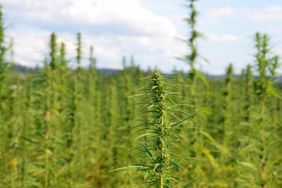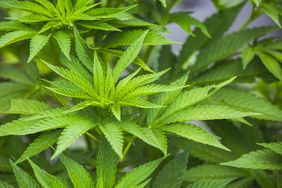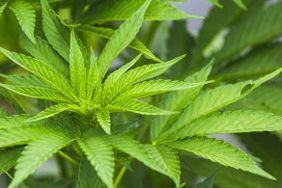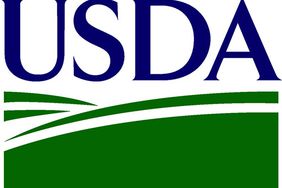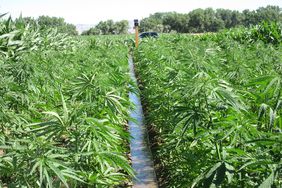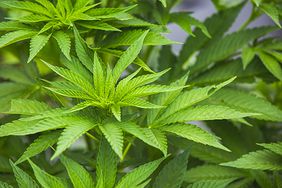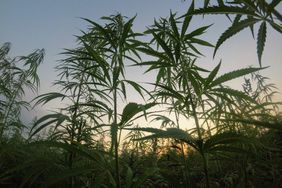:max_bytes(150000):strip_icc()/iStock-904560152-2000-54c52b6463a842e28fb87a6de4fe6e36.jpg)
Industrial hemp faces more regulatory and legal hurdles than many other newly hatched industries, says a report from agricultural lender CoBank. While growth in the industry is driven by cannabidiol (CBD), widely available in foods and as a supplement, two other markets hold potential: the fiber and the grain and seed sectors.
"While the market opportunities for CBD hemp are huge, there are many risks to carefully consider," wrote two CoBank analysts in the report. Although CBD is widely sold, it is still federally illegal. The FDA says it is exploring ways for CBD products to be marketed lawfully while ensuring they are safe for consumers. "The timing and outcome of future FDA regulation will be critical to the long-term CBD demand outlook," said CoBank. "CBD could be a short-term boom or a solid long-term market, depending on what FDA studies determine."
The outlook for hemp fiber is constrained at the moment by a lack of processing capacity, but fiber could have growth opportunities beyond textiles, such as biocomposites and other industrial applications. As a textile, hemp faces competition from natural fibers such as cotton and synthetic fibers such as polyester.
"Grain/seed hemp currently has a better rate of return than fiber but less than CBD," said CoBank. The report suggests it could be used as a food high in fiber and protein or in livestock rations as an alternative to soymeal. Hemp seed "has more stable risks and long-term prospects than hemp fiber or CBD but not the growth potential of either."
The CoBank report and an accompanying video are available here.
